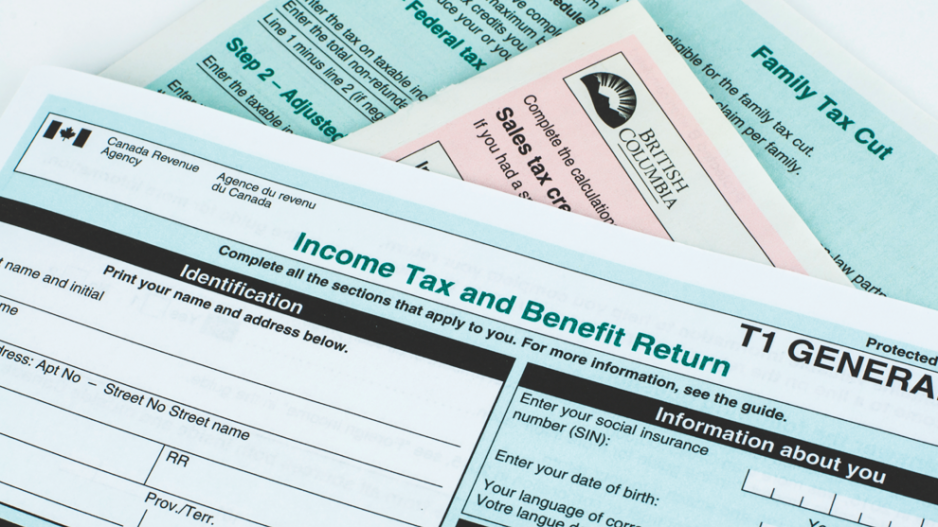If you break out into a cold sweat each time April 30 rolls around, Canada Revenue Agency (CRA) relief might be on the way.
By increments, the Canadian government has been following the lead of Finland, Germany and other countries in making it easier for low-income earners to file their taxes.
Canadians would likely benefit from this policy because 20% of people who don’t file taxes regularly choose not to because they don’t know how, according to a 2013 Bank of Montreal (BMO) study.
In Finland, Germany and 34 other countries, the government automatically creates tax returns for qualifying taxpayers based on information its tax agency has received from third parties. Canada has also been following that lead, but it has yet to adopt a return-free system.
This year roughly a million Canadians were eligible to use File My Return, a service that allows low- or fixed-income individuals whose finances remain unchanged from year to year to file their return by answering a few short questions over the phone.
The service was lauded by Canada’s taxpayer ombudsman, who said it would improve services to people unnecessarily burdened with income tax return filings. Despite the ombudsman’s praise, only 5% of eligible Canadians used the service.
File My Return follows previous CRA initiatives to make filing easier for low-income earners or those with simple tax returns. In 2016, the CRA introduced Autofill, a feature that individuals and authorized representatives could use to automatically fill in parts of an income tax return based on information the CRA received from employers, benefit providers and other third parties.
“I think this a great development for Canadians in general, making it easier to file tax returns,” said Kin Lo, associate professor of accounting at the University of British Columbia’s Sauder School of Business.
Moving to a return-free system could also have benefits for the broader economy, Lo said, by freeing up time and money that individuals expend to file returns.
While Canadian data was unavailable, U.S. taxpayers spend, on average, roughly 12 hours and US$210 annually filing their taxes, according to the Internal Revenue Service.
The BMO report found that 17% of people who don’t regularly file said they don’t make enough to pay taxes, forgoing potential refunds.
Joel Nitikman, partner in the tax group at Dentons Canada LLP, is more skeptical that switching to a return-free tax-filing system would benefit Canadians. He noted the U.K. is moving in the opposite direction. It dropped a return-free system after determining it was not correctly calculating what people owed.
The tax preparation industry in Canada makes roughly $1 billion a year. That revenue is reported by more than 3,400 tax preparation businesses in the country, which employ approximately 16,000 people, according to data from IBISWorld, an international industry research firm.
Taxpayers will likely appreciate changes that reduce tax-filing drudgery, but tax preparers and accountants might have a different view.
According to CRA data, professionals filed 57.7% of Canadian tax returns in 2018 compared with roughly 50% in 2015, even after the introduction of Autofill in 2016.
Tax preparation firms that perform individual tax filings or immediate cash-back refunds would likely lose a significant amount of business, said Lo.
Nitikman agreed that the industry would suffer.
“If they have to file fewer returns, they make less money.”
Professional accountants will likely be less affected by CRA changes than seasonal tax preparers. Accountants typically have a clientele that includes a large number of businesses or high-income individuals who would not qualify for easier filing systems.
While Lo highlights the benefits that a return-free system would have for Canadians, he cautions that Canadians might become complacent and fail to check the CRA’s assessments. Errors could lead to taxpayers overpaying the government or receiving smaller refunds. •



